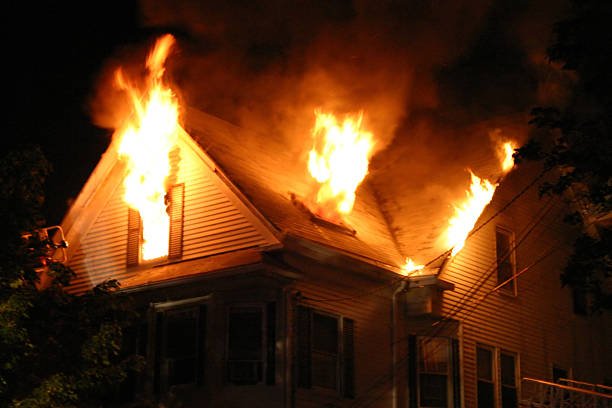
How insurance adjusters deny and delay Fire Insurance Claims in Los Angeles?
How do Insurance companies delay and deny or underpay the insured:
Here are a few hypothetical examples based on common scenarios in which insurance adjusters may attempt to lowball or deny coverage to a property owner after a wildfire insurance claim:
Conversation 1:
Denying Coverage Due to Policy Exclusions
Property Owner: “I’ve submitted my claim for the fire damage. The house is nearly destroyed, and we need to rebuild.”
Adjuster: “We’ve reviewed your claim, and unfortunately, the damage appears to fall under the ‘act of God’ exclusion in your policy, so we can’t cover it.”
Property Owner: “But my policy covers wildfires. This wasn’t an isolated, unpredictable event—it was a wildfire that affected the whole area.”
Adjuster: “While wildfires are generally covered, specific circumstances in this case trigger the exclusion. We can’t proceed with your claim.”
Outcome: The adjuster attempts to use vague policy language to deny the claim. The homeowner should review the policy carefully and consider legal advice.
Conversation 2: Lowballing the Settlement Offer
Property Owner: “The contractor’s estimate for repairs is $250,000. When can I expect the settlement?”
Adjuster: “Our evaluation came to a different figure. We’re offering $150,000, which should be sufficient based on our calculations.”
Property Owner: “That’s significantly lower than the contractor’s estimate. How did you arrive at that number?”
Adjuster: “Our team believes some of the repairs listed are unnecessary or cosmetic. We only cover essential repairs.”
Outcome: The adjuster lowballs the offer, hoping the homeowner will accept it. The homeowner should push for a detailed explanation and consider hiring a public adjuster to dispute the claim.
Conversation 3: Refusing to Cover Smoke Damage
Property Owner: “I’ve noticed extensive smoke damage throughout the house. The walls, furniture, and ventilation system are all affected.”
Adjuster: “Smoke damage isn’t always covered under fire damage. Our assessment shows the structure is intact, so we’re not covering the smoke-related issues.”
Property Owner: “But the policy states coverage for all damages resulting from a fire, including smoke damage. This isn’t livable as it is.”
Adjuster: “We’ll need more proof that the smoke damage directly affects the habitability before reconsidering.”
Outcome: The adjuster denies part of the claim, downplaying the severity of smoke damage. The homeowner may need to gather additional evidence and insist on a reassessment.
Conversation 4: Partial Denial Based on Pre-existing Conditions
Property Owner: “The wildfire destroyed most of my roof and exterior walls. When can repairs start?”
Adjuster: “Upon inspection, we noticed pre-existing issues with your roof. We can’t cover those damages because they weren’t caused by the wildfire.”
Property Owner: “The roof was in decent condition before the fire. Now it’s completely destroyed.”
Adjuster: “The policy only covers new damages. Any pre-existing wear and tear isn’t our responsibility.”
Outcome: The adjuster tries to reduce the claim by attributing damages to pre-existing conditions. The homeowner should provide evidence of the property’s condition before the wildfire.
Conversation 5: Delay Tactics and Conditional Offers
Property Owner: “It’s been months since I filed my claim. What’s causing the delay?”
Adjuster: “We’re still evaluating the claim. In the meantime, we can offer an initial payment of $50,000 to help with immediate expenses, but this will be our final settlement.”
Property Owner: “That’s far less than what’s needed. Why not process the full claim?”
Adjuster: “We need more time for a complete evaluation, and this offer is based on what we’ve assessed so far.”
Outcome: The adjuster uses delay tactics and conditional offers to pressure the homeowner into accepting a lower amount. The homeowner should insist on a full settlement and consider involving a legal advisor.
AVOID THE MISTAKE OF DEALING WITH INSURANCE COMPANIES ON YOUR OWN
The above conversations illustrate how adjusters might attempt to minimize payouts or deny claims. Homeowners should be prepared to challenge these tactics, document all communications, and seek professional advice to ensure a fair settlement.
CALL NOW” for a Free Consultation